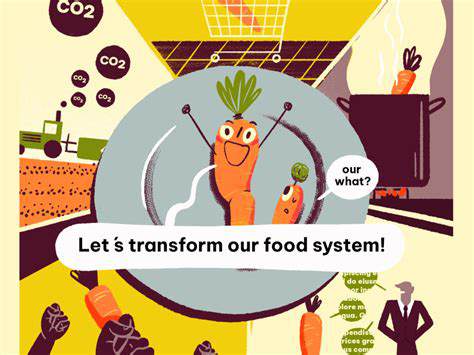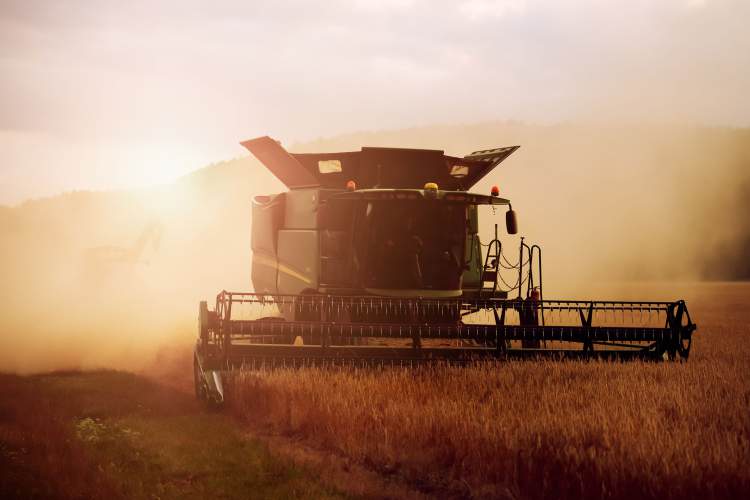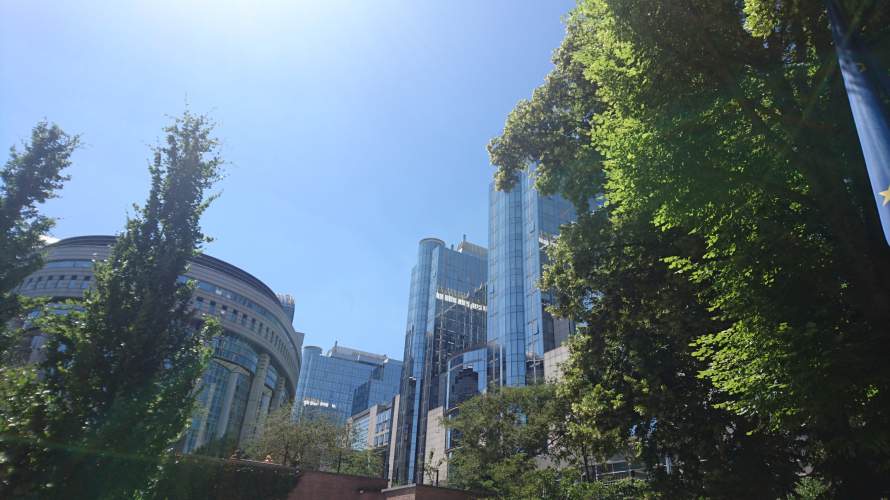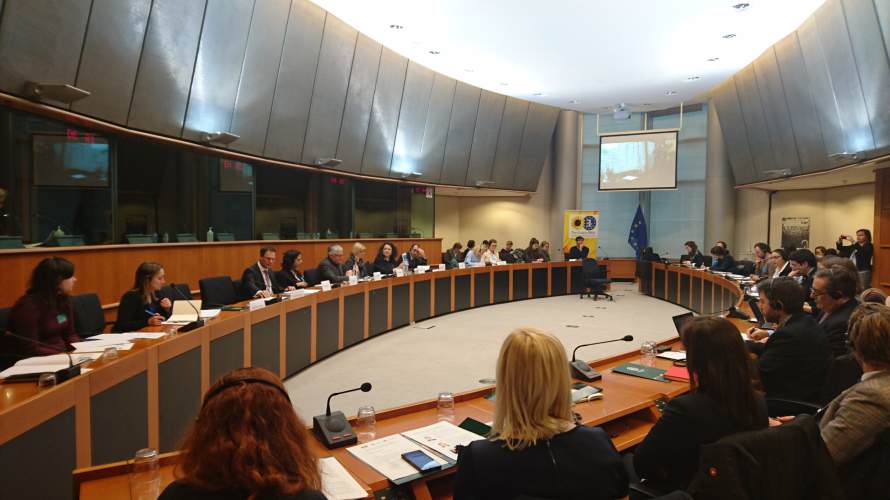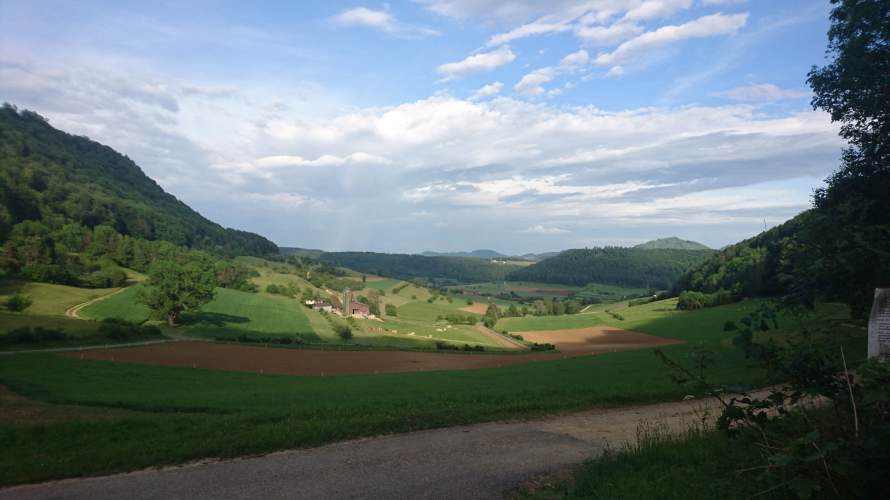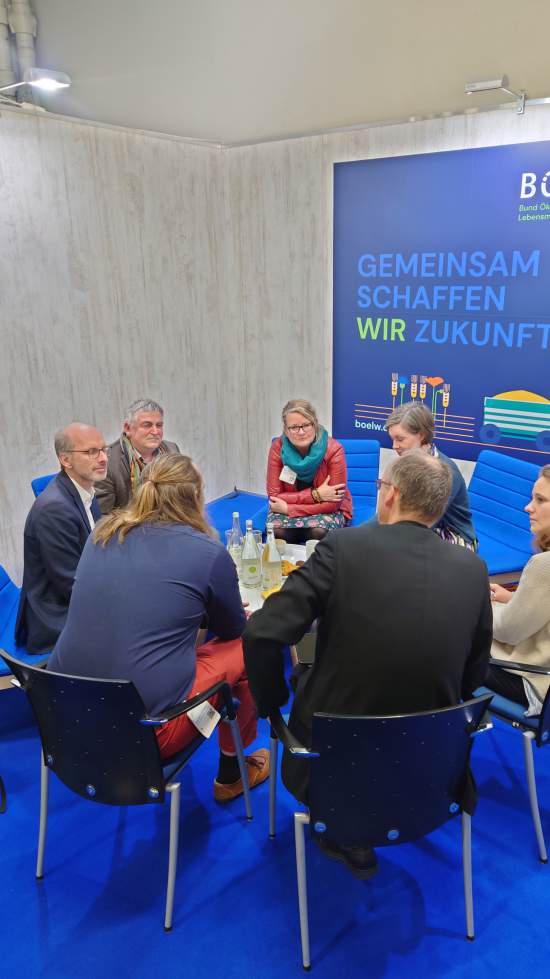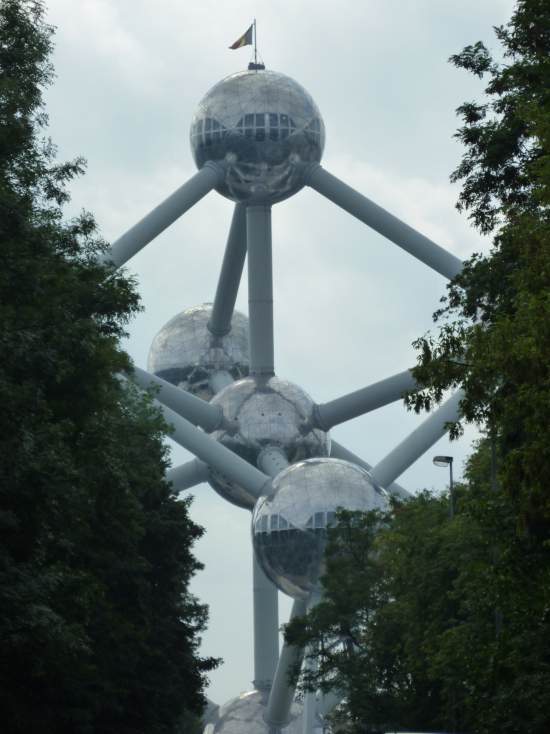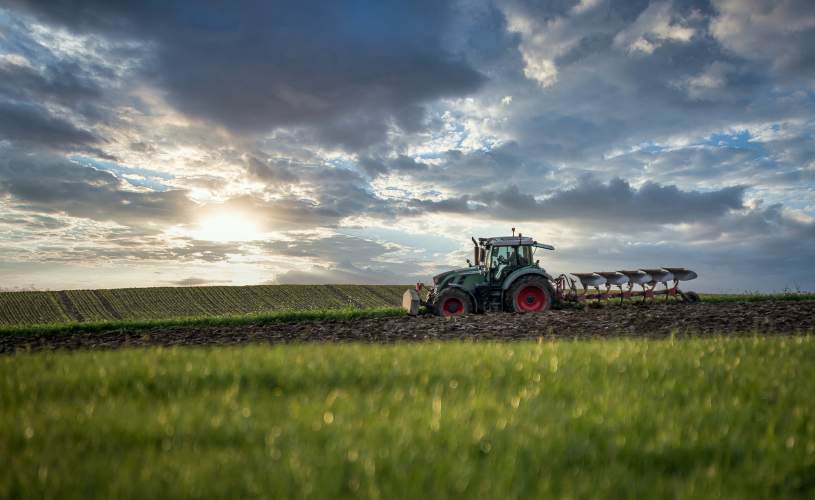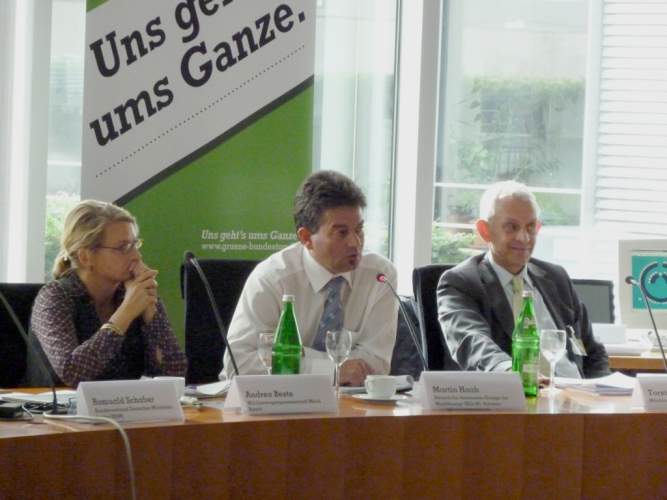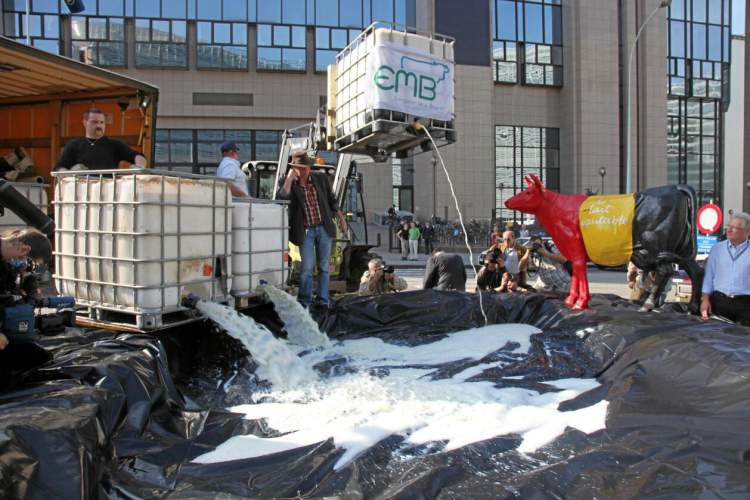Sustainable agricultural and food policy
The Farm to Fork Strategy presented by the EU Commission in 2020 called for a transformation of the EU food system from producer to consumer, taking sustainability into account, as part of the Green Deal. It set important reduction targets for the use of pesticides and fertilisers and proposed expanding organic farming to 25%.
Judging by the numerous expert reports published in recent years at German and European level, which have highlighted significant shortcomings in the sustainability of the current agricultural and food system, this was an important and timely signal.
From the outset, the Green Deal came under fierce attack from those who benefit from the current system. The EU Commission subsequently changed its green agenda. This is extremely short-sighted. We have no choice but to make our food systems significantly more sustainable, whatever we call it. This has been confirmed by numerous expert reports in recent years.
If we do not change anything, the ecosystem services that ensure our survival are in great danger, be it climate, water, soil or biodiversity.
The Common European Agricultural Policy (CAP) is particularly important in this respect. At EU level, the last reform failed to link essential sustainability goals with the CAP. Instead, a bureaucratic monster was created. In order to change this, we must not simply remove our sustainability and environmental protection goals, but instead design a CAP that enables sustainable agriculture and food production without too much bureaucracy.
You can find a good proposal for this (in German) here
Consulting, research, seminars, workshops….
Sustainable food systems
- What are sustainable food systems?
- What is the status quo?
- Where do changes need to start?
- What does this mean for the Common European Agricultural Policy (CAP)?
- Which legal acts need to be further developed?
- What does this mean for European trade agreements?
*Agricultural policy
- What does the new CAP look like?
- What are “strategic plans”?
- Do the first and second pillars still exist?
- What has been decided?
- What does science say?
- Up to date! Agroforestry
Agroforestry as the flagship of the new Eco-Schemes?
Is agroforestry already supported via direct payments?
Or only in the second pillar?
In which federal states does support already exist?
What are the advantages?
Are there disadvantages?
I’m looking forward to discussing with you all these topics, prepare research or provide an overview of selected legal acts and regulations.
Read and hear more …
Beste A. (2024): From a good idea to false promises.
Beste, A. (2024): Germany: To Reduce Pesticides, Start with Nutrient Management
Beste, A. (2023) The treasure in the soil. On the lack of water in agriculture.
Beste, A. (2023): Indoor Farming – Sustainability Spin or Substance?
Beste/Beck: (2023): “M as in “malnourished. How do methods of food production and processing influence the quality and nutritious value of food?
Beste, A. (2022): GREENWASHING & HIGH TECH – Faking it: (un-)sustainable solutions for agriculture.
Beste, A. (2022): Keynote lecture ‘On the state of soils in Europe’s agriculture’.
Beste, A. (2021): Agroforestry and CAP – all Talk, no Trees.
Further publications can be found here
See also:
Position paper Sarah Wiener, Member of the EU Parliament from 2019-2024 on food labelling, lead author Andrea Beste.
